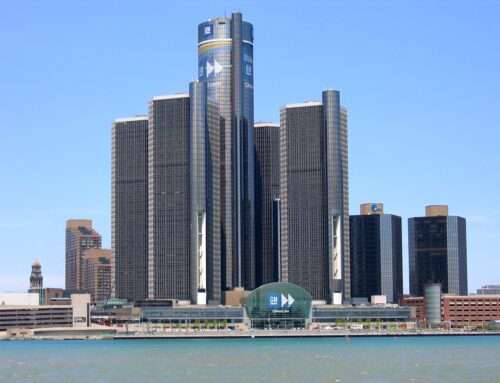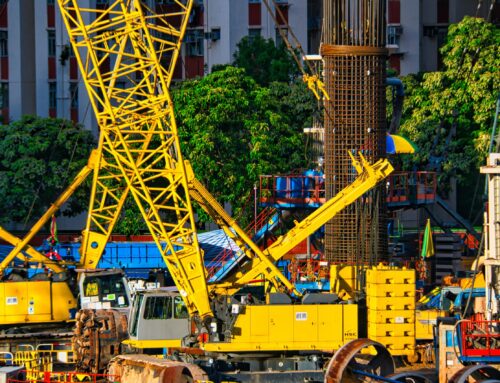Description and Details
The D.C. area has been struggling with waste disposal and pollution from industries disproportionately impacting communities of color and lower economic status. As of 2021, the D.C. government has authorized a school-bus terminal to be built in 2023 in the Brentwood enclave that is historically black. The bus terminal will be a hub for 230 buses with an estimated construction cost of $20 million dollars. This community currently shares space with a city garbage truck fleet, a recycling center, a construction company, auto repair facilities, and a paving operation which all contribute to pollution in the community. Brentwood is part of ward 5 in D.C. where nearly half the land in the ward is zoned for industrial use.
Concerns surrounding the bus terminal from the local community include the lack of environmental assessment done for the bus terminal and its effect on the local area. Community members also feel that they are disproportionately affected by pollution due to the number of industrial practices in the area when other wards in D.C. do not face such concerns. Representative offices in support of the bus terminal claim that it is replacing one that already exists in Ward 5 and the land in Brentwood that the new one will occupy was purchased by D.C. five years ago for commercial purposes. Locals still feel their concerns are not being heard as it’s less about the land being used but how the land is used and the impacts it will have. Buses in D.C. typically run on diesel which is one of the most toxic vehicle emissions, but plans are in place to replace some of the bus fleet with electric vehicles. The promise of electric buses eliminated the need for a collective environmental impact assessment, but community members are still requesting an assessment since there is no promise or set plan for the electric buses. Additionally, the whole fleet would not be transitioned all at once and diesel exhaust fumes may still be escalated in the area. Two tightly focused studies were conducted that analyzed air quality at a terminal not yet operational and how it might impact the area’s traffic. The studies did not account for the cumulative effects already in place around the project from industries and how the proposed project could aggregate those effects.
Brentwood did not always face the issues of pollution as it does today. In the early 1930s and 1940s, Brentwood was dominantly white until 1948 when the area was desegregated. This is when industries also took advantage of the new area and have since sparked controversy over the years. The disproportionate effects of pollution on underrepresented and disadvantaged communities, who pollute less than majority communities, has sparked concern in local groups including at Georgetown who would profit off of the bus systems that are stored in similar communities to Brentwood. Since the announcement of the bus depot, community members of Brentwood have filed a suit against D.C. for their lack of a comprehensive environmental analysis report. This is an ongoing case in addition to other concerns in ward 5 in regard to waste management and disposal.
While the decision to place the bus depot in Brentwood is not motivated by explicit racist intentions, this is an example of a community being unhappy with a decision made by lawmakers that directly impacts their livelihood. The community is concerned by potential pollution in the area and people who hold the power to correct this concern have not taken the action to measure the effects the decision will have.
CEE subjects: Construction Engineering and Management, Environmental Policy and Sustainable Infrastructure
Comments: This link describes the geography of environmental toxins in D.C. and could be used as further research to better understand how communities are affected by toxins differently.
Discussion Questions
- What steps can be taken when developing plans that will account for community impact?
- What roles do civil and environmental engineers play in creating a better, safer, and healthier community? Do you thinking the proposed planning achieved this role regardless if any civil or environmental engineers played a role?
- What are some solutions to the current problem in Brentwood?
References
- Popular media/news references




Leave A Comment